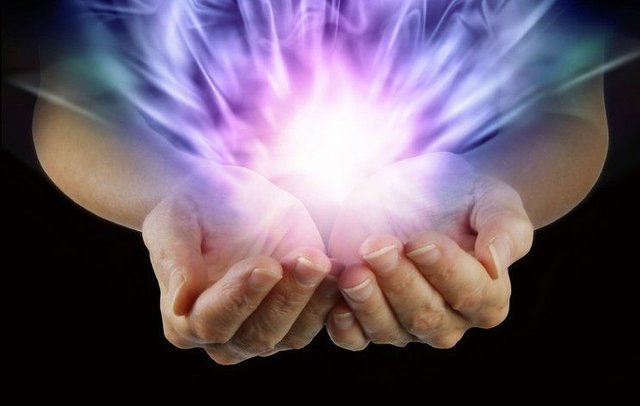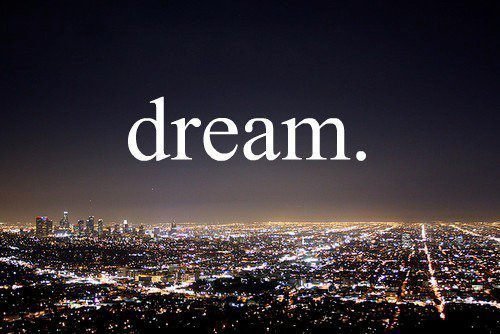It Is Impossible To Prove That Percepts Are Mental Pictures By Just Investigating The Content of Observation
It Is Impossible To Prove That Percepts Are Mental Pictures By Just Investigating The Content of Observation

Image Source
The reality of critical idealism is one thing, the power of its verification another. If somebody build a house, and the ground floor breakdown while the first floor is still fabricated, at that point the first floor falls moreover. Naive realism and critical idealism is connected as ground floor to the first floor in this likeness. For someone who believes that the whole perceived world is just an imagined one, a mental picture, and is in truth the impact upon the soul of things obscure, the real issue of knowledge is naturally concerned not with the mental pictures present just in the soul yet with the things which are autonomous of us and which lie outside our consciousness.
What amount would we be able to find out about these things indirectly, seeing that we can't watch them directly? This concerned not with the inner association of conscious percepts with one another yet with their causes which rise above his consciousness and exist autonomously, since the percepts, vanish when senses turns away from things. Our consciousness works like a mirror from which the pictures of distinct things vanish the moment its reflecting surface isn't turned toward them.
In case we don't see the things themselves however just their reflections, at that point we should learn indirectly about the nature of things by drawing conclusions from the behavior of the reflections. Current science takes this state of mind in that it utilizes percepts just as a last resort in acquiring data about the processes of matter which lie behind them. In the event that the philosopher, as critical idealist, concedes real existence, at that point his look for knowledge through the medium of mental pictures is coordinated exclusively toward this existence. Interest skirts the subjective world of mental pictures and goes straight for what creates these pictures.
The critical idealist can go much further and say, I am limited to the world of my mental pictures and escape from it. On the off chance that a thing as being behind mental picture, at that point thought is again nothing yet a mental picture. An idealist of this type will either deny the thing in itself altogether or attest that it has no criticalness for human beings, at the end of the day, that it is in the same class as non-existent since we can remain unaware of it.

Image Source
To this sort of critical idealist the whole world appears a dream, even with which all taking a stab at knowledge is just unimportant. For him there can be just two sorts of men, casualties of the illusion that their own particular dream structures are real things, and the wise ones who see through the nothingness of this dream world and who should hence progressively lose all want to inconvenience themselves assist about it. From this, even one's own particular personality may turn into a minor dream apparition. Similarly as amid rest there shows up among our dream images an image of ourself, so in waking consciousness the mental picture of our own is added to the mental picture of the external world.
We have then given to us in consciousness, not our real self, but rather just our mental picture. Whoever denies that things exist should likewise deny the existence, or if nothing else the knowledge, of one's own personality. The critical idealist at that point reaches the conclusion that all reality settle itself into a brilliant dream, without a life which is dreamed about, and without a spirit which is having the dream, into a dream which hangs together in a dream of itself.
For the person who believes that he perceives our prompt life to be a dream, it is irrelevant whether he hypothesizes nothing more behind this dream or whether he relates his mental pictures to genuine things. In the two cases life must lose all academic interest for him. In any case, though all learning must be good for nothing for the individuals who believe that the whole of the available universe is depleted in dreams, yet for others who feel qualified for contend from mental pictures to things, learning will comprise in the examination of these things-in-themselves. The first of these theories might be called absolute illusionism, the second is called transcendental realism.
One of the most vital inquiries for a follower of transcendental realism would need to be: How does the Ego deliver the world of mental pictures out of itself? A world of mental pictures which was given to us, and which vanished when we close our senses to the outside world, may fuel as sincere want for knowledge, in so far as it was a methods for examining indirectly the world. In the event that the things of our experience were mental pictures, at that point our regular daily existence would resemble a dream, and the revelation of the genuine state of affairs would resemble waking.

Image Source
Presently our dream images interest us as long as we dream and thusly don't distinguish their dream character. When we wake, we never again search for the inner associations of our dream images among themselves, yet rather for the physiological, physical, and psychological processes which underlie them. Similarly, a philosopher who holds the world to be his mental picture can't be interested in the shared relations of the points of interest inside the picture. In the event that he considers the existence of a real Ego by any stretch of the imagination, at that point his inquiry will be, not how one of his mental pictures is connected with another, however what happens in the autonomously existing soul while a specific train of mental pictures goes through his consciousness.
Once the philosopher is persuaded that the given world comprises of nothing however mental pictures, its interest will undoubtedly change on the double from this world to the real soul which lies behind. The matter is more genuine for the follower of illusionism who precludes by and large the existence from claiming an Ego-in-itself behind the mental pictures. We may effectively be directed to such a view by the perception that, as opposed to dreaming, there is in reality the waking state in which we have the chance of seeing through our dreams and alluding them to the real relations of things, yet that there is no state of the self which is connected also to our waking conscious life.
The naive man can't be charged with the absence of understanding alluded to here. He acknowledges life as it seems to be, and sees things as real similarly as they present themselves to him in experience. The first step which we take past this standpoint can be just this, that we ask how thinking is identified with percept. It has no effect whether or no the percept exists ceaselessly before and after the forming the mental picture, on the off chance that we need to affirm anything whatever about it, we can do as such just with the assistance of thinking. In the event that we affirm that the world is our mental picture, we have articulated the consequence of a demonstration of thinking, and if our thinking isn't relevant to the world, at that point this outcome is false. Between a percept and each sort of attestation about it there intercedes thinking.
The motivation behind why we by and large disregard thinking in our thought of things has just been given. It lies in the way that our attention is focused just on the object we are thinking about, however not in the meantime on the thinking itself. The credulous consciousness, along these lines, regards thinking as something which has nothing to do with things, yet stands out and out reserved from them and mulls over them. The picture which the thinker makes of the phenomena of the world is viewed not as something having a place with the things but rather as existing just in the human head.
The world is finished in itself without this picture. It is done and finish with every one of its substances and powers, and of this instant world man makes a picture. Whoever thinks consequently require just be made one inquiry. What right have you to proclaim the world to be finished without thinking? Does not the world deliver thinking in the heads of men with an indistinguishable need from it creates the blossom on a plant?

Image Source

Reference:
The Philosphy of Freedom
By: Rudolf Steiner
That's a great quote dude! "You come into the world with nothing, and the purpose of your life is to make something out of nothing."
Yeah, its not how you spend everything but how you acquired something.
exactly!
Great thought statement. I love to read it. Hopefully my future can continue to see posts from you.
Deeply explained. "the window of the future lies behind every dreams".
Where there is no desire, there's no indulgence.